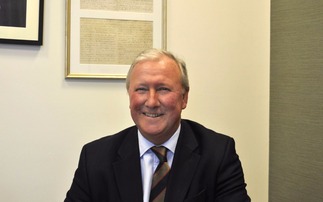The current environment should be an obvious time for investors to consider absolute return funds and yet, writes Stephen Findlay, their costs and complexity mean they are inherently a poor idea for most people
It has been 10 years since Lehman Brothers collapsed, sending shockwaves through the global financial markets and the ‘real' economy too. Part of the response was a dramatic cut by the Bank of England in interest rates from 5% to 0.25% in just a few months, effectively wiping out bank deposits as a source of safe and reliable income for savers. A decade on, this is still the case, with bank accounts guaranteed to lose money, with a loss of £1,920 in real terms for every £10,000 of savings over the past decade. A punishing time, then, for UK savers and investors - many of whom want, not...
To continue reading this article...
Join Professional Adviser for free
- Unlimited access to real-time news, industry insights and market intelligence
- Stay ahead of the curve with spotlights on emerging trends and technologies
- Receive breaking news stories straight to your inbox in the daily newsletters
- Make smart business decisions with the latest developments in regulation, investing retirement and protection
- Members-only access to the editor’s weekly Friday commentary
- Be the first to hear about our events and awards programmes




